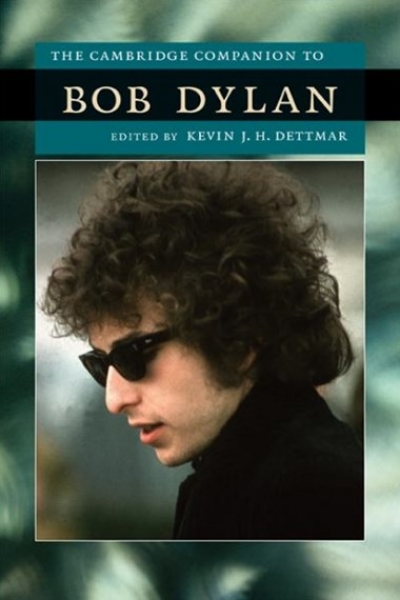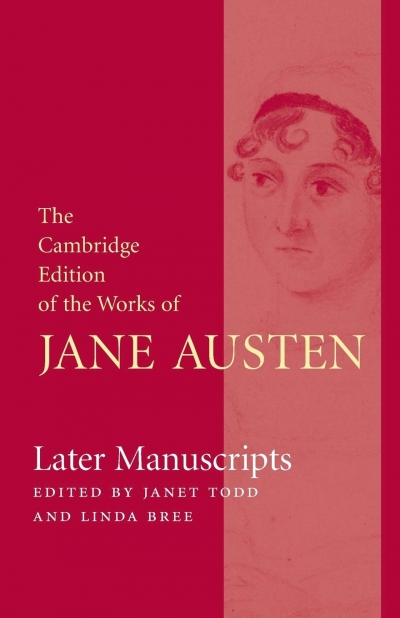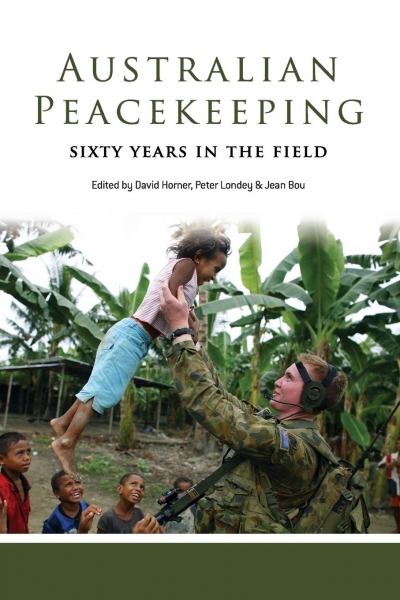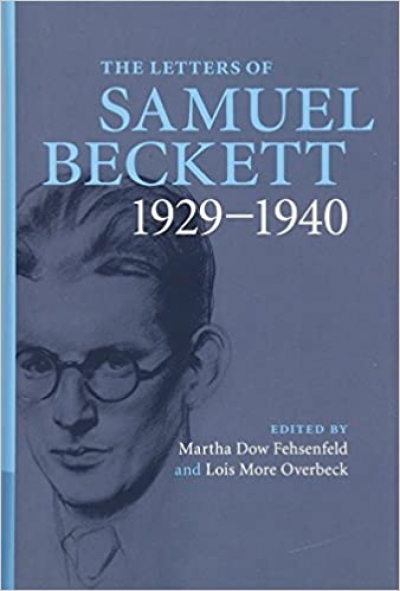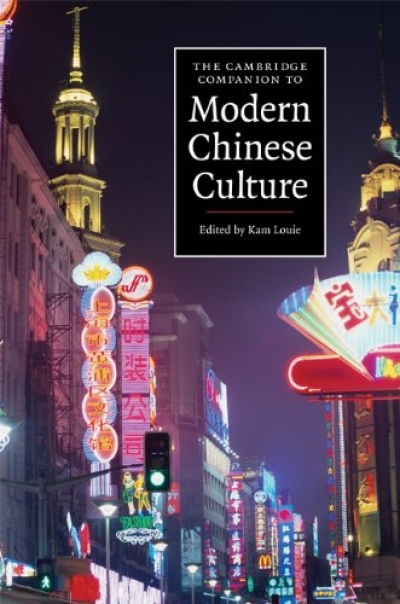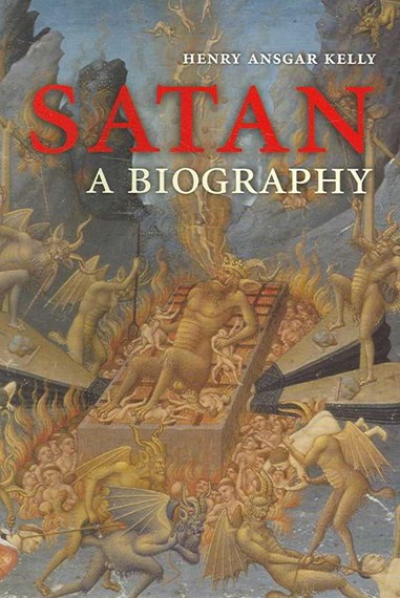Cambridge University Press
Sign up to From the Archive and receive a new review to your inbox every Monday. Always free to read.
Recent:
Colonial Voices: A Cultural History of English in Australia 1840—1940 by Joy Damousi
by Bruce Moore •
The Cambridge Companion to Bob Dylan edited by Kevin J.H. Dettmar
by Imre Salusinszky •
Later Manuscripts: (The Cambridge Edition of the Works of Jane Austen) edited by Janet Todd and Linda Bree
by Graham Tulloch •
Australian Peacekeeping: Sixty years in the field edited by David Horner, Peter Loney and Jean Bou
by Alex Bellamy •
The Letters of Samuel Beckett, Vol. 1: 1929–1940 edited by Martha Dow Fehsenfeld and Lois More Overbeck
by James Ley •
The Collins Class Submarine Story: Steel, spies and spin by Peter Yule and Derek Woolner
by Tom Frame •
Rebel Journalism: The writings of Wilfred Burchett edited by George Burchett and Nick Shimmin
by Nick Fischer •


